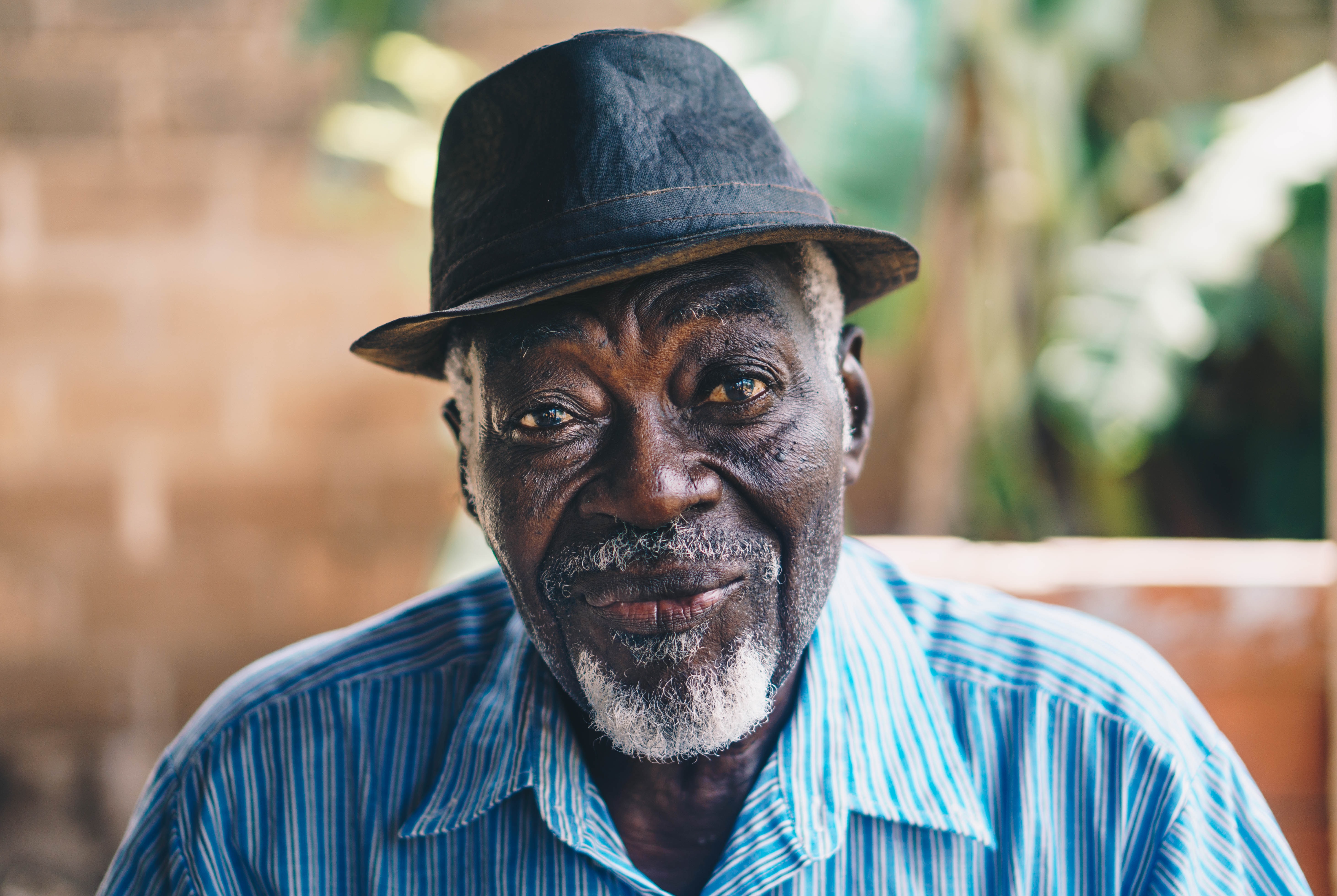News
Global Collaboration between CADER & Rwanda Adapts Courses to Nation’s Needs

The Center for Aging & Disability Education & Research (CADER) at BUSSW has collaborated with the Centre for Dignified Aging (CDA) in Rwanda to adapt parts of CADER’s curriculum for use throughout Rwanda and other East African countries. CDA (known as SIAC in Rwanda) is a nationally registered human service organization with a strong history of participant-driven, community-based initiatives including programs in:
- Income-generating activities
- Preventative health programs
- Agricultural initiatives
- Education
CDA has long recognized the need for education in aging for everyone from professional healthcare providers to local community members and groups of older adults. In that spirit, CADER and CDA will work together to provide locally and culturally relevant courses that meet Rwanda’s and other East African countries specific educational needs regarding aging.
Adapting a CADER Course to Rwandan Needs
In 2011, Dr. Katharine R. Hobart (SSW’87) was a Fulbright scholar in Uganda teaching the first master of social work program in East Africa. While in Uganda, Dr. Hobart taught Immaculee Nyiransengimana, a pastor from Rwanda who was studying to get her master of social work degree. They discovered they both had a keen interest in promoting healthy aging in the community. Together, they created the Centre for Dignified Aging in Rwanda to meet the growing needs of older adults, their families and communities, and the workforce.
In September 2019, Dr. Hobart and Professor Bronwyn Keefe, director of CADER, embarked on a small pilot with Pastor Immaculee Nyiransengimana. Together, they created the Rwanda Professional Advisory Group, which consists of a medical doctor, a professor of nursing, a professor of social work, and a government official, all of whom took CADER’s online course “Core Issues in Aging and Disability” in English. The purpose of this pilot was to evaluate the format and content of the course and determine how to make it relevant in Rwanda and other East African countries today.
Aging in Rwanda contains many global characteristics, as well as unique ones which influence how aging happens there:
- In Rwanda, the older adult population is growing rapidly as the population’s longevity increases.
- Women outnumber men two-to-one among the very old.
- Older adults are concentrated in rural areas, where there is limited access to services and higher rates of poverty.
- The 1994 genocide had a significant impact on aging, as family structures were dramatically altered and added stress was introduced to the already changing kinship patterns of care.
The original six-hour online course provides an overview of aging and disability, covering topics such as:
- Healthy aging
- Aging in place
- Consumer choice
- Laws and public policies
- Medical conditions
- Mental health
- Person-centered care
- Self determination
Learners rate their skill level at the beginning and end of the course to measure changes in their perceived competence related to the course content.
Encouraging Results from Pilot Course
The Professional Advisory Group provided a great deal of useful feedback, “This course will help many African professionals access these [skills] and apply them in their communities,” says CDA Executive Director Immacculee Nyiransengimana. The five advisory group members completed the course and provided overwhelmingly positive feedback. All learners (100%) reported that this training:
- Expanded their knowledge and understanding in the topic areas covered
- Motivated them to put this training into practice on the job
- Will help them be more effective in their work
- Would make a difference with the people they support in their agencies
Additionally, learners showed significant increases in the self-assessments of their skill level across the learning competencies for this course.
Extending Aging & Disability Courses In-Person & Virtually Throughout Rwanda & the Greater African Region
Due to the success of the first pilot, CADER is planning several other initiatives to support aging and disability education in Rwanda and the greater African region.
CADER has now launched a second pilot to modify and adapt the “Core Issues in Aging and Disability” course so that it is relevant in the overall region including, but not limited to:
- Rwanda
- Uganda
- Kenya
- Burundi
- Tanzania
The Professional Advisory Group will work with CADER to adapt the course to the East African context with versions in English and in Kinyarwandan, so it can be used with formal and informal caregivers. Plans are in the works to translate the course into Swahili as well.
In addition, CADER will offer a modified version in English for professionals and students needing education and skills in gerontology. The modified course uses BU’s online learning management system and will support professionals working with older adults during COVID as the pandemic presents an urgent, unprecedented need. The course will be closely monitored and evaluated to gauge the overall effectiveness and adapt it as needed.
Furthermore, CADER plans to offer an adapted version of the course translated into Kinyarwanda to be delivered face-to-face in a two-day intensive training in different locations around Rwanda as a pilot project. The course will train many frontline health workers on the physical and mental health issues of the growing aging population that they encounter in their day-to-day work. In addition, the course may include a distance learning model that can reach people in isolated and rural locations.